More than 70 years after the Holocaust, hatred, antisemitism, and genocide still threaten our world. The life stories of Holocaust survivors transcend the decades and remind us of the constant need to be vigilant citizens and to stop injustice, prejudice, and hatred wherever and whenever they occur.
This podcast series features excerpts from 48 interviews with Holocaust survivors conducted at the Museum as part of our First Person public program. Listen to these interview excerpts below. You can also watch video recordings of interviews from our First Person seasons here.
First Person is made possible by generous support from the Louis Franklin Smith Foundation with additional funding from the Arlene and Daniel Fisher Foundation.
-
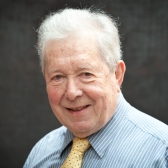
Freddie Traum: Evacuated to England
May 20, 2009
Freddie Traum discusses life as a refugee in Great Britain during World War II. Freddie and his sister were sent from their home in Austria to England as part of the Kindertransport, the special transport that brought thousands of refugee Jewish children to Great Britain from Nazi Germany between 1938 and 1940. Freddie initially lived with a family in London but was evacuated to the countryside, along with other Londoners, when Great Britain declared war on Germany in September of 1939. -
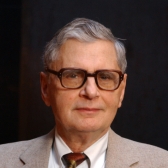
Fritz Gluckstein: Berlin in the Aftermath of World War II
June 24, 2009
Fritz Gluckstein discusses life immediately after World War II in Berlin and his eventual immigration to the United States. Born to a Jewish father and Christian mother, he was classified under Nazi law as Mischlinge, of mixed ancestry, or part Jewish. He spent the war in Berlin assigned to various forced labor battalions. -

Fritz Gluckstein: Protest at Rosenstrasse
March 26, 2008
Fritz Gluckstein discusses multiple close calls with the Nazis in Berlin, his detainment at a Gestapo holding site at Rosenstrasse 2-4, and the subsequent public demonstration that brought about his release. -
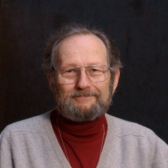
George Pick: Antisemitism in Hungary
July 15, 2009
George Pick discusses experiencing antisemitism as a young boy in Hungary in the early 1940s. Hungary fell increasingly under the influence of Germany in the 1930s and joined the Axis alliance in 1940. During this time Jews in Hungary were increasingly subjected to discriminatory anti-Jewish laws modeled on those in Germany. -
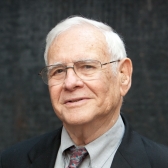
Gerald Liebenau: Memories of Kristallnacht
May 26, 2009
In today’s episode Gerald Liebenau discusses his memories of Kristallnacht, also known as the “Night of Broken Glass.” On November 9-10, 1938, a wave of violent anti-Jewish pogroms erupted around Germany, leaving Jewish owned businesses and synagogues plundered and destroyed. -
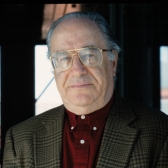
Gerald Schwab: A German Jewish Refugee Returns as an American Soldier
August 5, 2009
Gerald Schwab discusses his experience being drafted into the US Army in 1944 after fleeing Nazi Germany just four years earlier. After the war, he assisted with the trials of leading German officials before the International Military Tribunal at Nuremberg. -
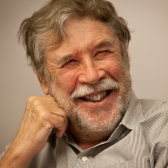
Gideon Frieder: Safe Harbor Among a Slovak Family
May 13, 2009
Gideon discusses the time he spent hiding with a Catholic Slovak family. After his mother and sister perished in a German attack at Banska Bystrica, Gideon was rescued by the Slovak partisans and placed with the Strycharszyk family, who went to great lengths to hide and protect him. -
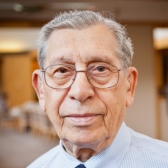
Haim Solomon: Hiding during the Pogrom in Iasi
August 19, 2009
Haim Solomon discusses hiding during the pogrom that Romanian authorities staged against the Jewish population in Iasi, Romania, within days of the German invasion of the Soviet Union in June 1941. Haim and his family hid in various different locations across the city. At least 4,000 Jews were murdered in Iasi during the pogrom. -
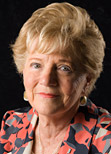
Halina Peabody: Living under a False Identity
March18, 2009
Halina Peabody discusses living in Jaroslaw, Poland, under false papers identifying her as a Catholic. A local woman took Halina and her mother and sister in and gave them a place to live, while never suspecting they were Jews hiding as Catholics. -
Halina Peabody: Hiding in Plain Sight
March 3, 2008
Halina Peabody discusses her mother’s decision to go into hiding as a family following the German invasion of Poland in 1939. Halina spent the war in Poland living under false papers identifying her as a Catholic.

